The Mississippi Department of Mental Health (DMH) administers and operates state behavioral health programs, regional programs for persons with intellectual and developmental disabilities, and provides a number of community services and supports through DMH-certified providers. Within DMH is the Bureau of Behavioral Health-Addictive Services, the state’s public system of alcohol and drug use prevention and treatment services. These services are provided through a statewide network of providers, which includes state-operated facilities, regional community mental health centers, and other nonprofit community-based programs.
The Bureau of Behavioral Health-Addictive Services is responsible for establishing, maintaining, monitoring and evaluating a statewide system of alcohol and drug use services, including prevention, treatment and recovery support services. Additionally, the Bureau has designed a system of services for alcohol and drug use prevention and treatment reflecting its philosophy that alcohol and drug use is a preventable and treatable illness.
The goal of this system is to provide a continuum of community-based services accessible to all Mississippians. The Bureau is committed to quality care, cost-effective services, and the health and welfare of individuals through the reduction of alcohol and other drug use.
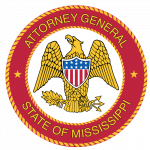
The Attorney General is the chief legal officer and advisor for the State of Mississippi on both civil and criminal matters. Her responsibility is to represent public officials and government agencies and to issue legal opinions that interpret State law. The Attorney General has the sole power under Mississippi law to bring or defend a lawsuit on behalf of the State. She acts as counsel to State agencies and defends them or brings suit on their behalf. Most importantly, the Office is charged with the representation of the people of the State of Mississippi.
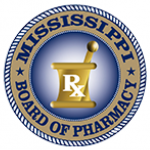
The Mississippi Board of Pharmacy was established by legislative action in 1920. The mission of the Board is to support the legitimate use of controlled substances while being proactive in safeguarding public health and safety.
The Mississippi Board of Pharmacy is comprised of seven pharmacist members, all appointed by the Governor.
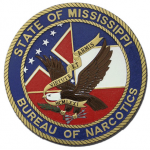
Created by statutory authority in 1971, the Mississippi Bureau of Narcotics enforces the State’s Uniform Controlled Substances Law. As the State’s primary drug enforcement agency, the MBN accomplishes its mission by confiscating drugs and other contraband, and by arresting suspected drug violators for prosecution under applicable state and federal laws
The goals of the MBN are to:
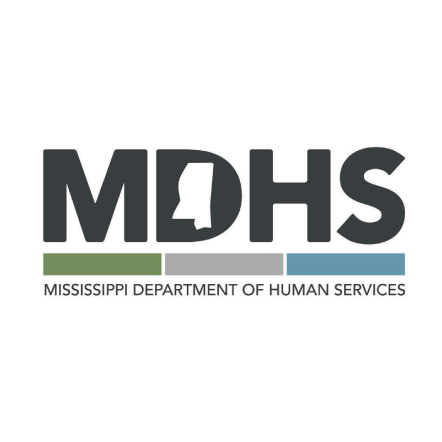
The mission of the Mississippi Department of Human Services is to provide services to people in need by optimizing all available resources to sustain the family unit, and to encourage traditional family values, thereby promoting self-sufficiency and personal responsibility for all Mississippians.
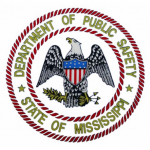
The Mississippi Department of Public Safety was created by a statutory authority in 1938 and consists of the following offices that are united in providing public safety to the citizens of Mississippi:
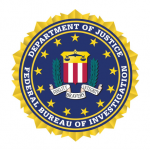
The mission of the Federal Bureau of Investigation (FBI) is to protect the American people and uphold the Constitution of the United States. Along with the main office in Jackson, the FBI has seven satellite offices in Mississippi, known as resident agencies across the state.
The FBI’s Community Outreach Program supports the Bureau’s investigative mission by working to address multiple interrelated societal problems—including crime, drugs, gangs, terrorism, and violence. Linking community service, prevention, and law enforcement is a national trend spurred by grassroots efforts around the country, and FBI employees have joined this movement, volunteering in a wide variety of community-related efforts.
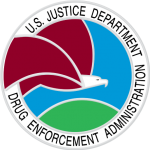
The mission of the Drug Enforcement Administration (DEA) is to enforce the controlled substances laws and regulations of the United States and bring to the criminal and civil justice system of the United States, or any other competent jurisdiction, those organizations and principal members of organizations, involved in the growing, manufacture, or distribution of controlled substances appearing in or destined for illicit traffic in the United States; and to recommend and support non-enforcement programs aimed at reducing the availability of illicit controlled substances on the domestic and international markets.